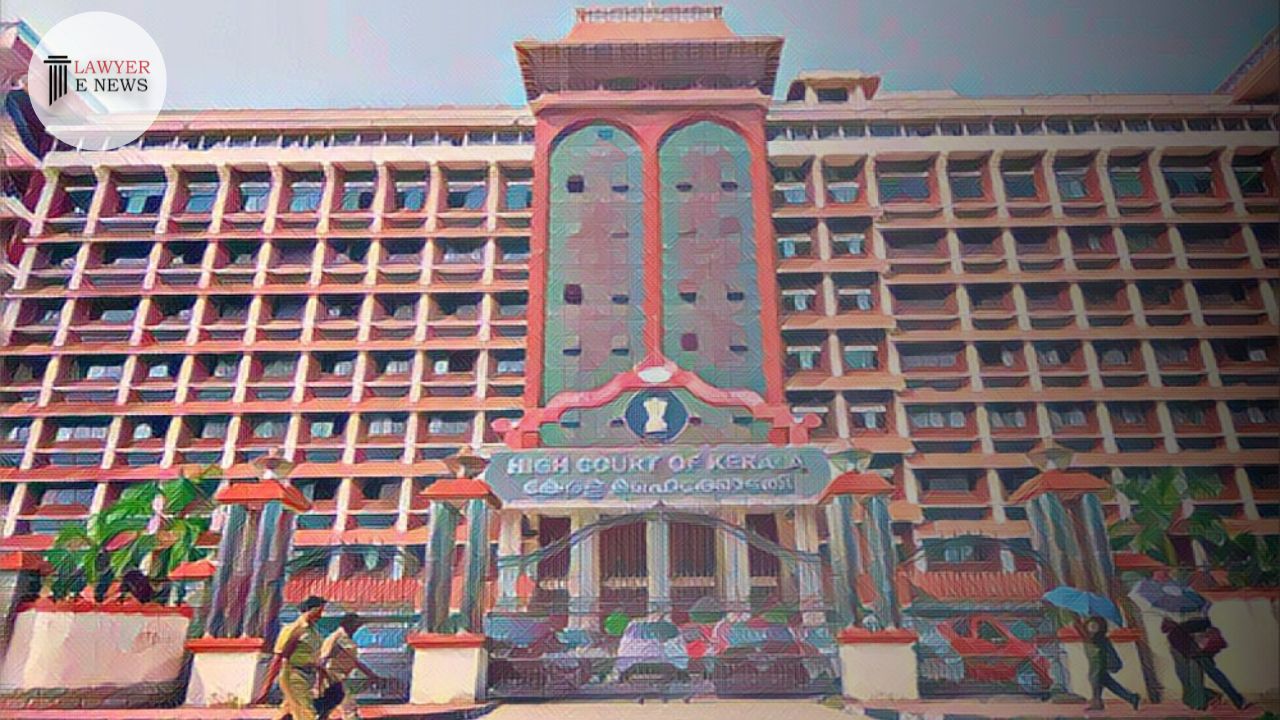-
by Admin
15 February 2026 5:35 AM



In a significant ruling, the Kerala High Court has held that co-operative societies providing healthcare services are not exempt from general labour laws despite being governed by the Kerala Co-operative Societies Act, 1969.
The judgment addressed the dispute over whether co-operative societies are solely governed by the Kerala Co-operative Societies Act, 1969, and thus exempt from other labour laws, or if they must comply with general labour legislations aimed at welfare and social security. The court held that general labour laws applicable to commercial establishments and other entities also apply to co-operative societies unless explicitly exempted.
The petitioner, Cherplaserry Co-operative Hospital Ltd., represented by its secretary, filed a writ petition challenging the jurisdiction of the Assistant Labour Officer, Ottappalam, to enforce compliance with various labour laws including the Kerala Shops and Commercial Establishments Act, 1960, and the Minimum Wages Act, 1948, among others. The petitioner contended that being regulated by the Kerala Co-operative Societies Act, it was exempt from the application of other labour laws.
The court observed that the co-operation falls under the state list, while labour welfare is under the concurrent list, thus both state and central laws are applicable.
Justice Murali Purushothaman pointed out that the Kerala Co-operative Societies Act does not provide a shield against compliance with broader labour welfare measures not specifically covered by it.
The judgment extensively discussed the application of the Kerala Shops and Commercial Establishments Act, Minimum Wages Act, Maternity Benefit Act, and the Kerala Industrial Establishments (National and Festival Holidays) Act to the petitioner.
It was determined that the hospital qualifies as a 'commercial establishment' and hence is subject to the said acts.
Various precedents were cited where the courts had upheld the applicability of labour laws to co-operative societies, emphasizing that co-operative societies do not stand outside the scope of general labour legislations unless specifically stated.
The court dismissed the writ petition, reaffirming that the petitioner is required to comply with the stipulations of the general labour laws. The court underscored that these laws operate in different fields and possess distinct purposes aimed at employee welfare, which are not negated by the provisions of the Kerala Co-operative Societies Act.
Date of Decision: April 11, 2024.
Cherplaserry Co-operative Hospital Ltd. vs. State of Kerala & Ors.
